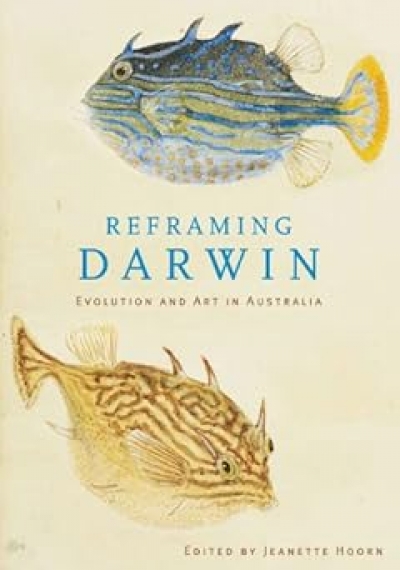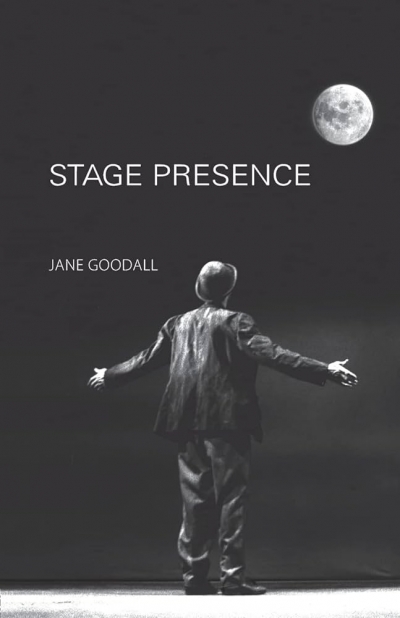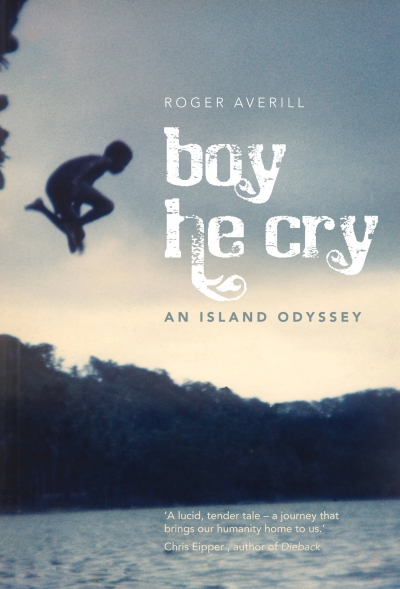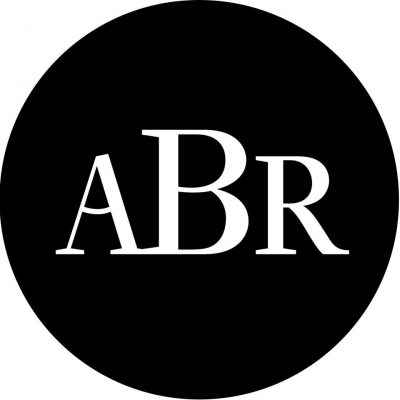Jane Goodall
Holden Caulfield is a garrulous bore. Seymour Glass is a phoney. Franny and Zooey are spoiled brats. And J.D. Salinger is a media tart. All these things are partly true. To take the last first: there is surely a ring of truth about Imre Salusinzsky’s recent spoof obituary in which Jay Leno and David Letterman are quoted expressing their sadness at the loss of a favourite regular guest who was always ready to front up and sparkle as he promoted an endless succession of Catcher in the Rye merchandise. Salinger, who died on January 27, aged ninety-one, may not have done such things, but at least one of his alter egos might.
... (read more)Reframing Darwin: Evolution and art in Australia edited by Jeanette Hoorn
Delights and jolts
Dear Editor,
ABR is always engaging, even when one disagrees with the thrust or standpoint of particular reviews, but surely the May issue is the most brilliant ever. An edition which has a poet (Peter Rose) reviewing David Malouf’s new novel, Brian Matthews on Henry Lawson, Elizabeth Webby on Xavier Herbert, and Robert Phiddian on Penny Gay’s monograph about Shakespearean comedies, has to be special, thoroughly deserving of the endorsements of literary luminaries with which ABR has promoted itself over the years. In fact, a writer who, as Dr Phiddian did, can use the phrase ‘industrial-strength literary-criticism’ in his first paragraph and one of my favourite words, ‘rebarbative’, in his second, has my unremitting admiration. And I haven’t yet mentioned the appearance of John Burnheim and Ian Britain on the Letters page.
... (read more)‘Urgent things to say’ in the Calibre Prize
The competition was keen, the field unprecedentedly large (almost 200 entries), but after main readings and much discussion Kevin Brophy’s and Jane Goodall’s essays struck the judges of this year’s Calibre Prize for an Outstanding Essay (Gay Bilson, Peter Rose and Rebecca Starford) as being in a class of their own. It was impossible to split them. Both writers share the third Calibre Prize for an Outstanding Essay, and each will receive $5000.
That’s all they have in common, though. It would be difficult to find two more dissimilar essays, a measure of Calibre’s versatility and the diversity of the writers who are drawn to it. Jane Goodall’s theme, like her succinct title (‘Footprints’), has a kind of suaveness and urgency as she explores ideas about ecology and personal responsibility with reference to Kate Grenville, Mrs Aeneas Gunn, Nevil Shute and a sublime short story by Leo Tolstoy.
Kevin Brophy’s fruity title (‘“What’re yer lookin’ at yer fuckin’ dog?”: Violence and Fear in Žižek’s Post-political Neighbourhood’) introduces an amazing tale of domestic mayhem and incivility in present-day inner Melbourne. Kevin Brophy’s tormentors may have been the neighbours from hell, but what a tale it is. To make sense of this five-year drama, Kevin Brophy draws on the Slovenian philosopher Slavoj Žižek and his theory that violence – ubiquitous violence, as he sees it – is the very basis of late capitalist ‘post-political’ life.
... (read more)






